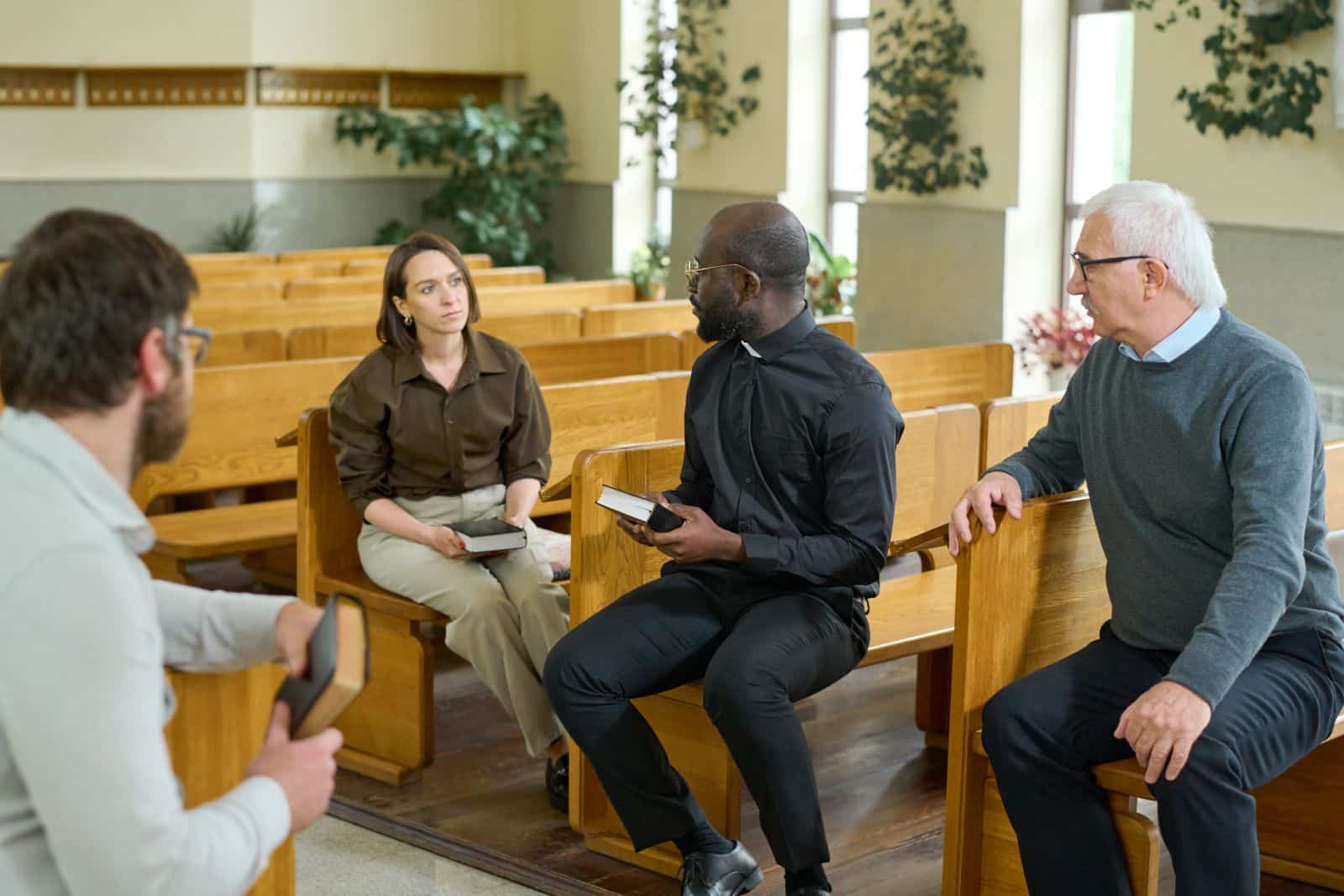The trend of Americans leaving Christianity has been rising, with many people providing diverse and compelling reasons for their departure. Here are 20 reasons that Americans give for walking away from their faith.
1. Disillusionment with Church Leadership

Scandals involving church leaders, such as financial misconduct and sexual abuse, have eroded trust. Many feel that the moral failures of church leaders contradict the values they preach.
2. Perceived Hypocrisy

Many Americans view the church as hypocritical, citing a discrepancy between the teachings of Christianity and the actions of its followers. This perceived hypocrisy drives people away from the faith.
3. Political Alignment

The entanglement of Christianity with conservative politics, particularly the alignment with the Republican Party, has alienated those who hold different political views. Young people, in particular, are turned off by this politicization.
4. Social Issues

Disagreements on social issues such as LGBTQ+ rights, gender equality, and racial justice have caused many to leave. The church’s stance on these issues often conflicts with more progressive views held by younger generations.
5. Lack of Relevance

Many find that the church does not address issues relevant to their daily lives. They feel that sermons and church activities are out of touch with contemporary societal challenges.
6. Scientific Skepticism

The conflict between scientific understanding and religious beliefs has led some to leave Christianity. Issues such as evolution, climate change, and medical ethics are points of contention.
7. Cultural Shift

A cultural shift towards secularism and individualism has made religious affiliation less important. As society becomes more secular, fewer people see the need to belong to a religious community.
8. Spiritual but Not Religious

Many Americans identify as spiritual but not religious. They seek personal spiritual experiences outside the structured environment of organized religion.
9. Negative Personal Experiences

Negative experiences within the church, such as judgmental attitudes or unwelcoming congregations, have driven people away. Personal conflicts and feelings of exclusion are common reasons for leaving.
10. Intellectual Doubts

Intellectual doubts about the teachings of Christianity, such as questions about the existence of God, the problem of evil, and contradictions in the Bible, lead many to abandon their faith.
11. Desire for Authenticity

There is a growing desire for authenticity and transparency, which many feel the church lacks. People want a faith experience that feels genuine and not performative.
12. Time Commitment

The demands of church attendance and participation can be seen as burdensome. Busy lifestyles and the need for personal time lead some to prioritize other activities over church involvement.
13. Family Influence

For some, leaving Christianity is a decision influenced by family dynamics. People may leave the faith to align with their family’s beliefs or due to generational shifts in religious attitudes.
14. Interfaith Marriages

Interfaith marriages can lead to a departure from Christianity. Couples often seek common ground by distancing themselves from organized religion to avoid conflicts.
15. Search for Community Elsewhere

Many find community and support outside of the church. Social networks, hobby groups, and online communities provide the sense of belonging once found in religious congregations.
16. Moral and Ethical Disagreements

Disagreements with the church’s moral and ethical teachings, particularly on topics like contraception, divorce, and reproductive rights, have prompted many to leave.
17. Lack of Youth Engagement

Churches often struggle to engage younger generations. Outdated methods of communication and a lack of programs tailored to youth interests contribute to declining participation.
18. Historical and Institutional Critiques

Critiques of the church’s historical role in events such as colonialism, slavery, and oppression of indigenous peoples have led to disillusionment and departure.
19. COVID-19 Pandemic

The COVID-19 pandemic disrupted regular church attendance, and many did not return. The pandemic highlighted the convenience of virtual gatherings and reduced the perceived necessity of physical church attendance.
20. Increasing Secular Resources

There is an abundance of secular resources for personal development, ethics, and community building. Books, podcasts, and online courses offer alternatives to religious teachings, attracting those seeking growth without religious affiliation.
Reflecting on the Shift

The reasons Americans give for leaving Christianity are varied and deeply personal. Whether due to intellectual doubts, negative experiences, or a search for relevance, these factors highlight the evolving landscape of faith in America. How many of these reasons resonate with your own experiences or those of people you know? What steps can religious communities take to address these concerns and better meet the needs of their congregants?
21 Beliefs About the Bible That Are Actually False

The Bible is one of the most discussed and debated books in history, yet many common beliefs about it are more myth than fact. How many of these misconceptions have you heard before? 21 Beliefs About the Bible That Are Actually False
21 Subtle Racisms That Are Commonplace in America

Racism in America isn’t always overt; it often hides in plain sight through subtle actions and attitudes. How many of these subtle racisms have you noticed around you? 21 Subtle Racisms That Are Commonplace in America
Featured Image Credit: Shutterstock / Drazen Zigic.
For transparency, this content was partly developed with AI assistance and carefully curated by an experienced editor to be informative and ensure accuracy.

